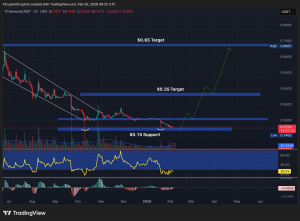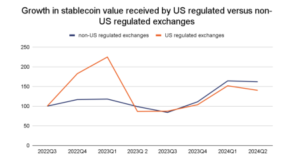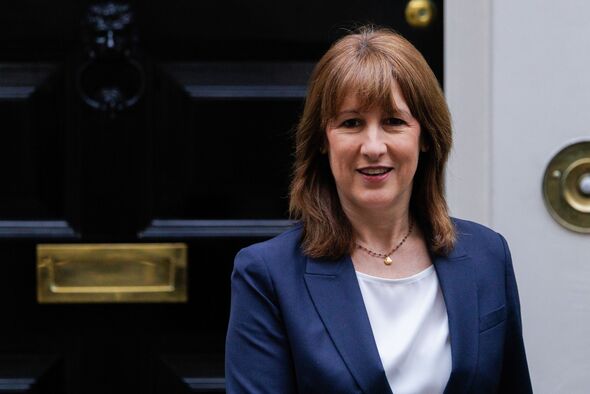Last updated:
 Why Trust Cryptonews
Why Trust Cryptonews

Ireland is moving to develop new cryptocurrency regulations in anticipation of the European Union’s forthcoming Anti-Money Laundering (AML) and Countering the Financing of Terrorism (CFT) legislation.
Finance Minister Jack Chambers informed the cabinet about the need for urgent updates to crypto laws before the EU’s regulations take effect on December 30, according to a report by the Irish Examiner on October 16.
Specifics of the new legislation remain undisclosed, and it is unclear when the updated regulations might be implemented.
EU’s AML Law Set to Launch in December
The EU’s AML/CFT act, set to launch in December, will significantly increase the powers of financial intelligence units, including their authority to suspend suspicious transactions.
The legislation introduces stricter reporting requirements for cryptocurrency exchanges and places a €10,000 ($10,850) limit on cash payments.
It also enforces enhanced monitoring of large transactions, with additional reporting mandates for high-value activities.
The framework aims to mitigate risks in areas like crypto assets and crowdfunding, complementing other regulations such as the Markets in Crypto-Assets (MiCA) regulation.
Derville Rowland, the Central Bank of Ireland’s deputy governor, emphasized the country’s commitment to innovation in the financial sector under MiCA in a statement last month.
She highlighted that robust crypto regulations are crucial for Europe to lead in technology adaptation and adoption.
The MiCA regulations, distinct from the AML/CFT act, have been in effect since June 2023.
The Central Bank of Ireland emphasized the importance of safeguarding its financial system from misuse for money laundering or terrorist activities, especially given Ireland’s position as a small, open economy with a thriving financial services sector.
As of July, the Central Bank had authorized 15 virtual asset service providers, including Gemini, Ripple, Paysafe, Moonpay, and Coinbase.
Coinbase also committed to removing non-compliant stablecoins from its European platform in line with regulatory requirements.
Crypto Firms Prepare for MiCA
MiCA, the Markets in Crypto Assets framework, is a comprehensive regulatory framework established by the European Union to create consistency in crypto regulation among its member states.
It was approved by the European Parliament in April 2023, and its rules are being implemented in stages.
As part of the MiCA framework, stablecoins issued within the region are subject to increased regulatory requirements.
Various provisions, including those for stablecoins, are being phased in gradually, with full compliance expected by the end of this year.
Starting from June 30, stablecoin issuers were required to comply with specific MiCA requirements.
Circle, the issuer of USDC, became the first global stablecoin firm to achieve compliance with MiCA on July 1.
Despite the excitement around MiCA, some industry players have expressed concerns.
Tether CEO Paolo Ardoino criticized MiCA’s complexity and potential risks following a delisting announcement of USDT from Bitstamp, suggesting it could complicate operations for stablecoin issuers.
Binance has also adjusted its approach, limiting access to unauthorized stablecoins in Europe, though not delisting them entirely.
Furthermore, implementing the MiCA regulatory framework has presented challenges for blockchain companies and decentralized finance (DeFi) protocols.

















